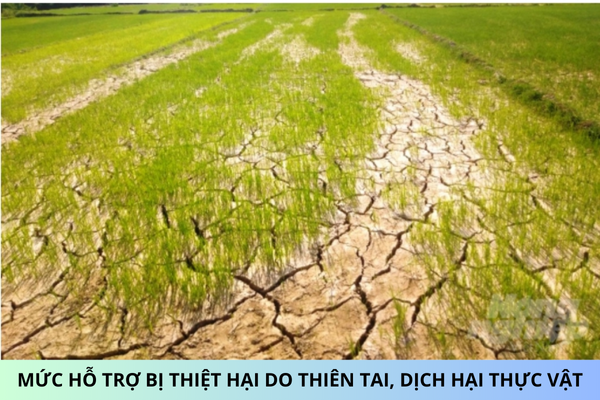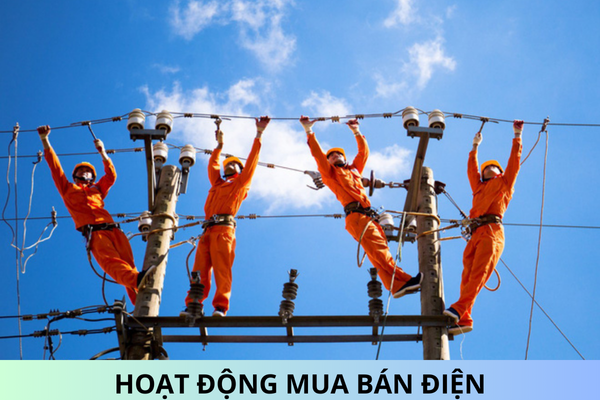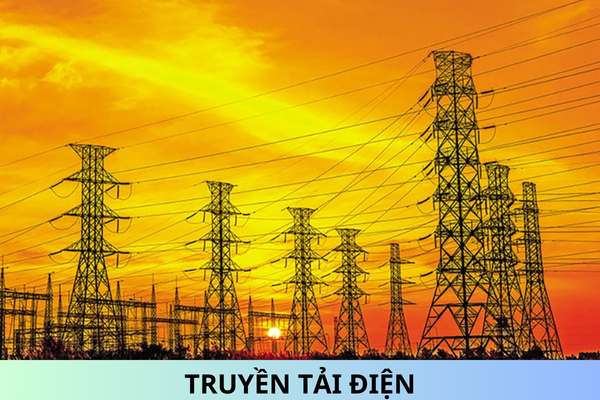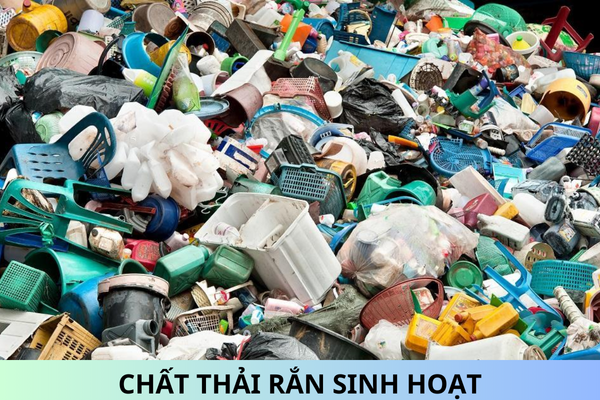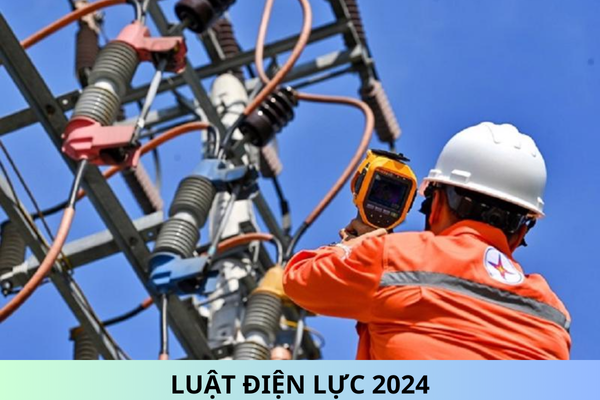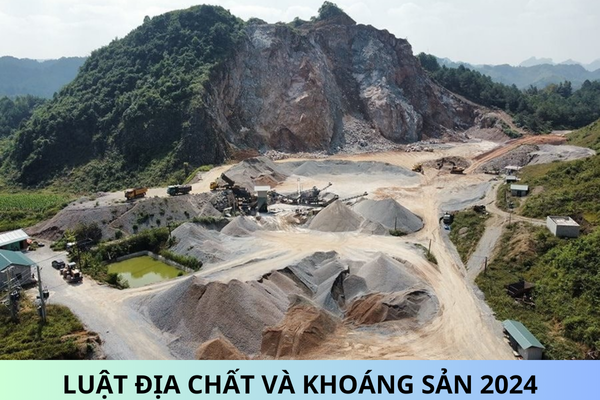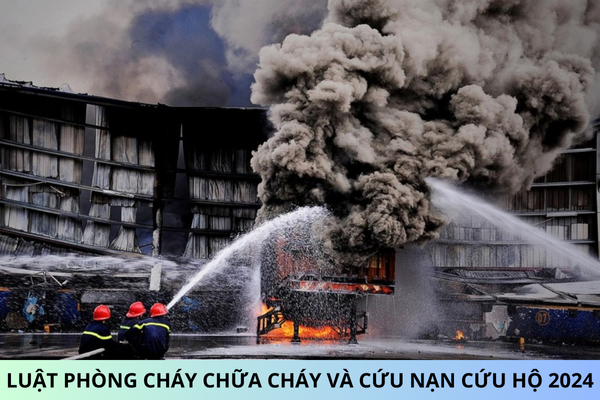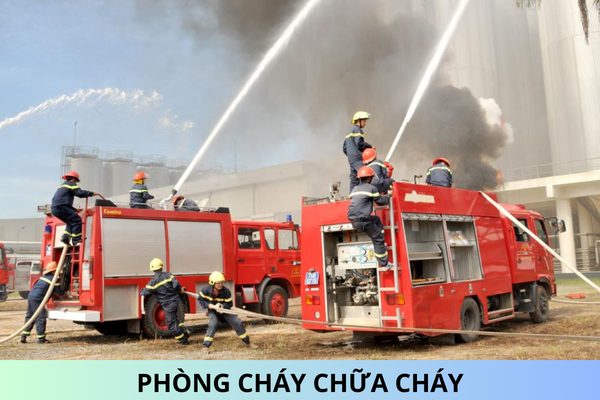Promulgation of Decree 153/2024/ND-CP on environmental protection fees for emissions in Vietnam
Promulgation of Decree 153/2024/ND-CP on environmental protection fees for emissions in Vietnam
On November 21, 2024, the Government of Vietnam issued Decree 153/2024/ND-CP which sets forth regulations on subjects liable to fees and fee payers; fee collection organizations; methods of fee calculation, declaration, assessment of declarations and payment, management and utilization of the environmental protection fees for emissions.
Article 3 of Decree 153/2024/ND-CP stipulates that the subjects liable to environmental protection fees for emissions are dust and industrial emissions discharged into the environment that require treatment, from projects and production, business, service establishments subject to obtaining an environmental permit as per environmental protection laws, which includes emission discharge licensing content.
Emission discharge facilities include:
- Iron, steel, metallurgy production establishments (excluding rolling, drawing, casting from raw material billets)
- Basic inorganic chemical production establishments (excluding industrial gases), inorganic fertilizers, and nitrogen compounds (excluding mixing, bottling, packaging), chemical pesticides (excluding mixing, bottling)
- Oil refining and petrochemical facilities
- Recycling and disposal facilities for household solid waste, common industrial solid waste, hazardous waste; using imported scraps as production raw materials
- Coke production, coke gas production establishments
- Thermal power plants
- Cement production facilities
- Other production, business, service establishments emitting dust, industrial emissions not covered above
Additionally, the payers of environmental protection fees for emissions are the emission discharge facilities.

Promulgation of Decree 153/2024/ND-CP on environmental protection fees for emissions in Vietnam (Image from the Internet)
What is the formula for calculating the environmental protection fee for emissions payable during the fee payment period in Vietnam?
According to Article 5 of Decree 153/2024/ND-CP, the environmental protection fees for emissions payable in the fee submission period are calculated using the following formula:
F = f + C
Where:
- F is the total fees payable in the submission period (quarterly or annually).
- f is the fixed fee (quarterly or annually).
- C is the variable fee, calculated quarterly.
What are prohibited acts in environmental protection activities in Vietnam?
Pursuant to Article 6 of the Environmental Protection Law 2020, the following are prohibited acts in environmental protection activities:
Article 6. Prohibited acts in environmental protection activities
- Transporting, burying, dumping, discarding, burning solid waste, hazardous waste not in compliance with technical procedures and legal provisions on environmental protection.
- Discharging untreated wastewater, untreated emissions that meet environmental technical standards into the environment.
- Releasing toxic substances, harmful viruses into the environment that can infect humans, animals, microorganisms without inspection, disposing of dead livestock due to epidemics, and other toxic agents harmful to human health, organisms, and nature.
- Creating noise, vibration exceeding permissible levels according to environmental technical standards; discharging smoke, dust, gases with toxic odors into the air.
- Conducting investment projects or discharging waste without meeting conditions as prescribed by environmental protection laws.
- Importing, temporarily importing, re-exporting, transiting waste from abroad in any form.
- Illegally importing vehicles, machinery, equipment that have been used for dismantling, recycling.
- Failing to implement works, measures, activities for preventing, responding to, and remedying environmental incidents as prescribed by environmental protection laws and other related legislation.
[...]
According to the aforementioned provisions, the prohibited acts in environmental protection activities include:
- Transporting, burying, dumping, discarding, burning solid waste, hazardous waste not in compliance with technical procedures and legal provisions on environmental protection.
- Discharging untreated wastewater, emissions not meeting environmental technical standards into the environment.
- Releasing toxic substances, harmful viruses into the environment that can infect humans, animals, microorganisms without inspection, disposing of dead livestock due to epidemics and other toxic agents harmful to human health, organisms, and nature.
- Creating noise, vibration exceeding permissible levels according to environmental technical standards; discharging smoke, dust, gases with toxic odors into the air.
- Conducting investment projects or discharging waste without meeting conditions as prescribed by environmental protection laws.
- Importing, temporarily importing, re-exporting, transiting waste from abroad in any form.
- Illegally importing vehicles, machinery, equipment that have been used for dismantling, recycling.
- Failing to implement works, measures, activities for preventing, responding to, and remedying environmental incidents as prescribed by environmental protection laws and other related legislation.
- Concealing acts causing environmental pollution, obstructing, falsifying information, deceit in environmental protection activities leading to adverse environmental consequences.
- Producing, trading products harmful to human health, organisms, and nature; producing, using raw materials, construction materials containing toxic elements exceeding permissible levels according to environmental technical standards.
- Producing, importing, temporarily importing, re-exporting and consuming substances depleting the ozone layer as prescribed by international treaties on substances depleting the ozone layer to which the Socialist Republic of Vietnam is a member.
- Destroying, illegally encroaching on natural heritage.
- Destroying, illegally encroaching on facilities, equipment, means serving environmental protection activities.
- Exploiting power and privilege to contravene legal provisions on environmental protection.
